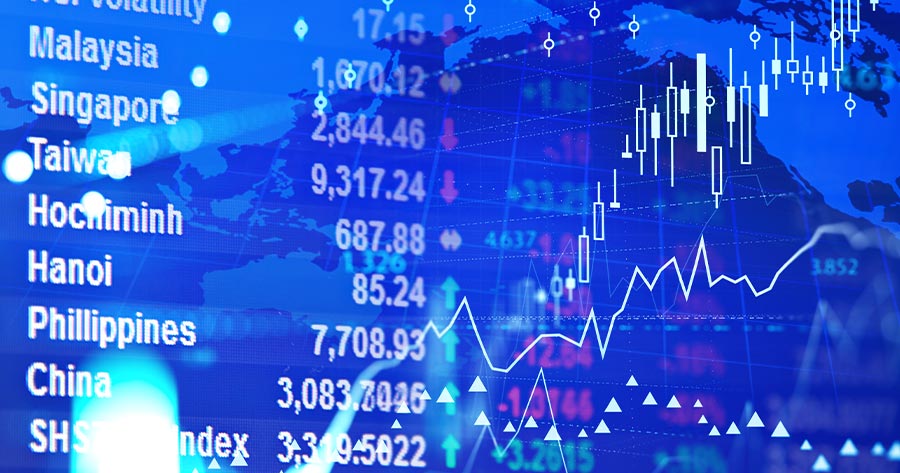On Thursday morning (18 July, 9:33 AM, GMT+7, Bangkok time), indices in Asia Pacific decreased as shares of chip-related companies fell sharply following reports of tougher export restrictions from the US, while remarks made by former U.S. President Donald Trump further escalated geopolitical uncertainties, contributing to the market downturn.
Meanwhile, inventors also digested key data from Japan.
In June, Japan experienced a 5.4% YoY increase in exports, marking a significant decline from the 13.5% growth seen in May. Similarly, imports in the same month grew by 3.2% year on year, a drop from the 9.5% increase recorded in May. Both export and import figures failed to meet Reuters’ projections of 6.4% and 9.3% growth, respectively.
Moreover, Japan’s trade balance shifted from a 1.2 trillion yen ($7.7 billion) deficit in May to a surplus of 224 billion yen.
Japan’s NIKKEI slumped by 1.93% to 40,305.07. South Korea’s KOSPI dropped by 1.32% to 2,805.89, and Australia’s ASX 200 slid by 0.24% to 8,038.7.
As for stocks in China, Shanghai’s SSEC decreased by 0.7% to 2,942.08. Hong Kong’s HSI dipped by 0.16% to 17,710.68, and Shenzhen’s SZI contracted by 1.01% to 8,746.15.
Meanwhile, the US stock markets were mixed on Wednesday as the Dow Jones Industrial Average (DJIA) rose by 0.59% to 41,198.08. NASDAQ plummeted by 2.77% to 17,996.92, and S&P 500 declined by 1.39% to 5,588.27. VIX gained 9.78% to 14.48.
As for commodities, oil prices climbed on Thursday as they were supported by a more significant than anticipated weekly decrease in U.S. crude inventories. Brent futures edged up 13 cents or 0.2% to $85.21 a barrel by 0023 GMT, and the West Texas Intermediate (WTI) gained 31 cents or 0.4% to $83.16 per barrel.
This morning, Brent futures grew 24 cents or 0.28% to $85.32 a barrel, and the WTI increased 38 cents or 0.46% to $83.23 per barrel.
Meanwhile, gold futures surged by 0.17% to $2,464.1 per Troy ounce.




